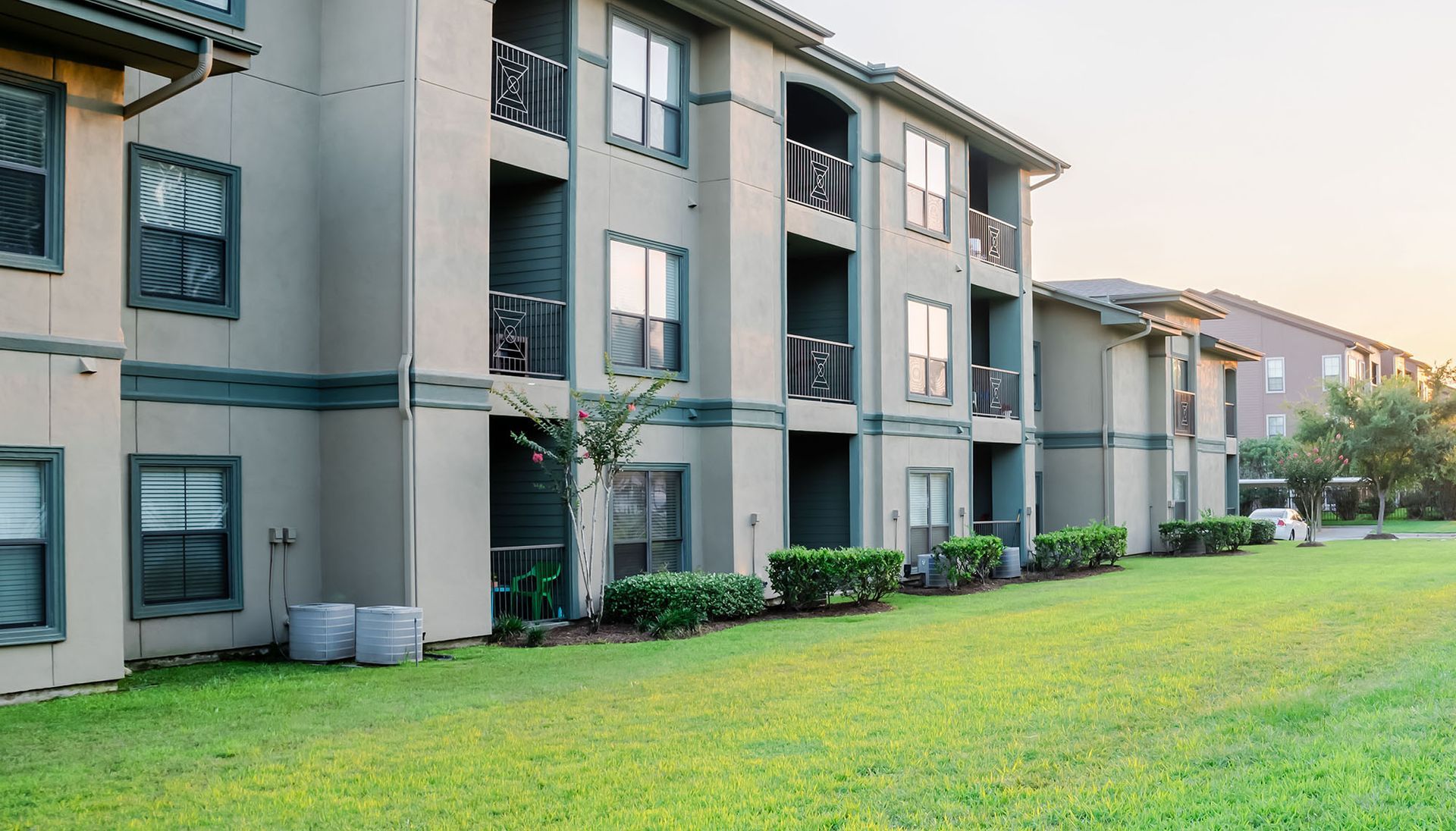Make or Break? Property Management is the Key to Investment Return
Make or Break? Property Management is the Key to Investment Return
So, you have searched extensively for an investment deal that makes sense. You sifted through dozens, perhaps hundreds, of listings. You’ve made the deal and have added a new investment to your portfolio. How your investment delivers; now, will depend on how the property is managed. If management is treated casually, disappointment will likely follow, often in short order. When a careful eye is applied to the many moving parts of real estate management, various operational “levers” can be utilized to produce optimal cash flow and appreciation.
In a lot of cases, the brand new investor may attempt to self manage the new acquisition. While there will be a learning curve, a demand on time as the new investor begins to assemble the basic skills, tools and processes; the experience may be helpful as the new investor begins to understand the complexities of management and how critical good management is to the overall objectives. As time develops, though, there is a realization that either the time demands do not reflect the best use of the investor’s time; or the breadth of skills and capacity is insufficient for long term delivery.
Big Picture
The most successful properties are acquired with a vision of levers that can be pulled that enhance value and cash flow. For example, on an older property with years of deferred maintenance, legacy tenants paying below market rents, one opportunity may be to go through and renovate units. As units are renovated, rents can move to market and tenant quality likely improves. Over time, renovated units tend to consume fewer maintenance visits, tenants are often more satisfied, renewals happen more often and re-leasing and turnaround costs remain low. In classic “real estate talk”, the investor has “added value” and will be rewarded for doing so.
Alternately, is there an opportunity to look at the existing structures and property, perhaps adding other units? Our office recently had an investor that acquired two 6 family units that also had an oversized garage in the back lot. The investor renovated the existing units and converted the garage to a duplex, adding additional revenue from previously unproductive space.
Seeing opportunity to change the status quo; more units, better units, and improved tenant quality all of these are big picture opportunities that can transform mediocre returns to incentives that cause the investor to look for the next acquisition. Ideally, of course, the investor can see these opportunities prior to acquisition. This vision allows for competitive bids in a hot market as well as allows for adequate operations planning upon acquisition.
Tenant Management
Over all, good property management recognizes that good, consistently paying tenants are essential to the achievement of business objectives. Effective property management begins with plans to make tenants happy. Does the property appearance and functionality set the stage necessary to attract and maintain good tenants? Good tenants appreciate a good home and quality of living and understand that rent increases are necessary for maintaining quality of living.
Revenue Management
You have the investment property, you have tenants. Where the rubber meets the road is in revenue management. At a high level, good property management will look at current rents compared to market rates. Is the unit at market? If not, why not? More importantly, what will it take to bring the unit to market levels? Will the unit require extensive renovation? Will the current tenant leave if rent is bumped to market. What is the calculated result of these interactions? While property managers can do the math, the good manager will review with ownership the risks and rewards of driving to market rents.
While the goal is always retaining good tenants at market rates, good property management carefully monitors collections. When the rent is due, are there any delinquencies? Is there a meaningful late fee in place. If there is a “grace period”, are tenants immediately notified of the late fee and requesting immediate payment? Is there a protocol that elevates the urgency of past due payments to notices for eviction? When collection issues arise, it’s better to discover sooner than later and act in an equally timely manner.
Expense Management
Tenant and revenue management is part of the successful real estate investment return. Another piece of the delivery is the management of expenses. Depending on the property, there are always judgement calls on repair/replace or upgrade? Is adequate consideration given to the application of preventative maintenance that extends equipment life? Or, are the equipment “nuts and bolts” overlooked or “band aided”, hoping that a potentially imminent failure will delay by good fortune? Is property insurance shopped periodically? Is there an opportunity to have tenants pick up utility costs…and how much might that conversion run?
Conclusion
Real estate investment is most easily summarized in a two-pronged approach. First, due diligence is required to buy the right investments at the right price. Ideally, the investor can see opportunities where others overlook. In a tight real estate environment as we have today, lots of properties are available at “non-starter” pricing. So, the well known caution is “buy it right”.
With the investment in hand, the final prong is the day-to-day management. If you purchase with an eye to self management, do you have the time to invest in all the moving parts that will make a difference in success or failure? Do you have the background and skill?
Likewise, if you’re using a 3rd party management team, are you assured that they are asking the questions and digging for opportunities that can convert to real ROI numbers?
Tim Wege
Principal Broker – New Star Properties; Tim has been an investor for over 30 years and is the founder of New Star. New Star currently manages multifamily, condominium and commercial property.


SERVICE AREA
New Hampshire
Northern Massachusetts
and surrounding areas
Business Hours
- Mon - Thu
- -
- Friday
- -
- Sat - Sun
- Closed








Share On: